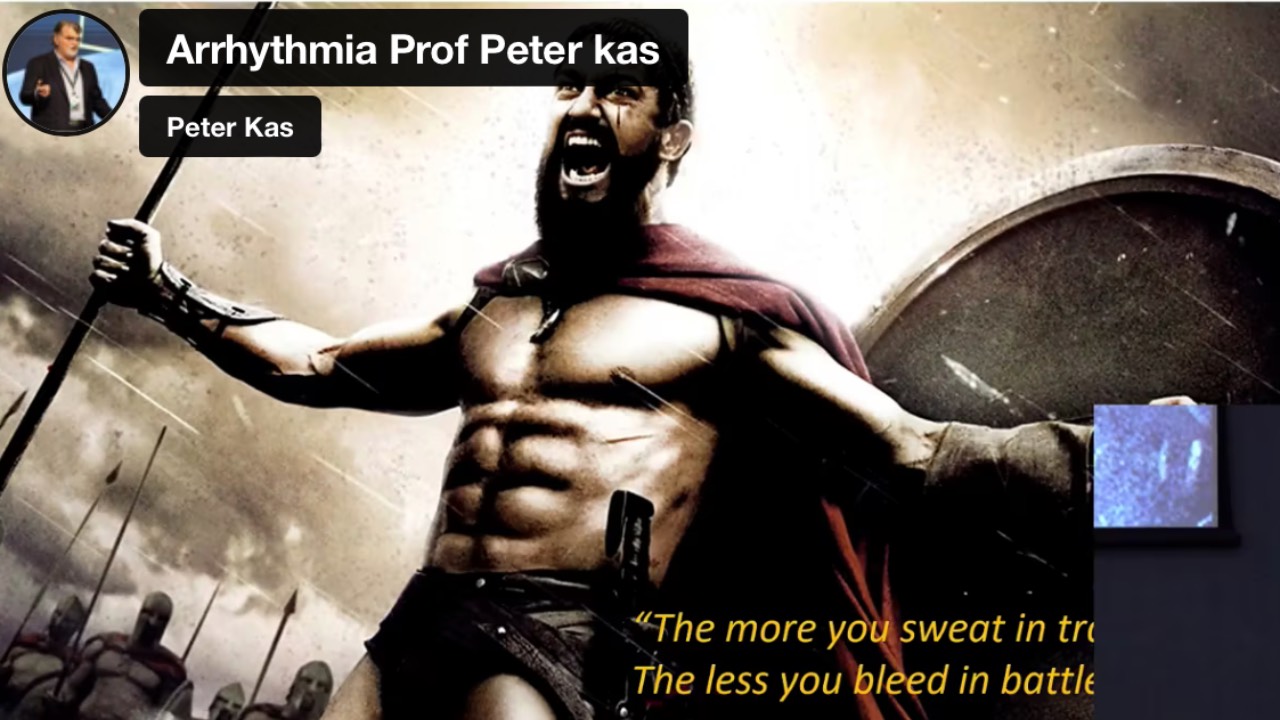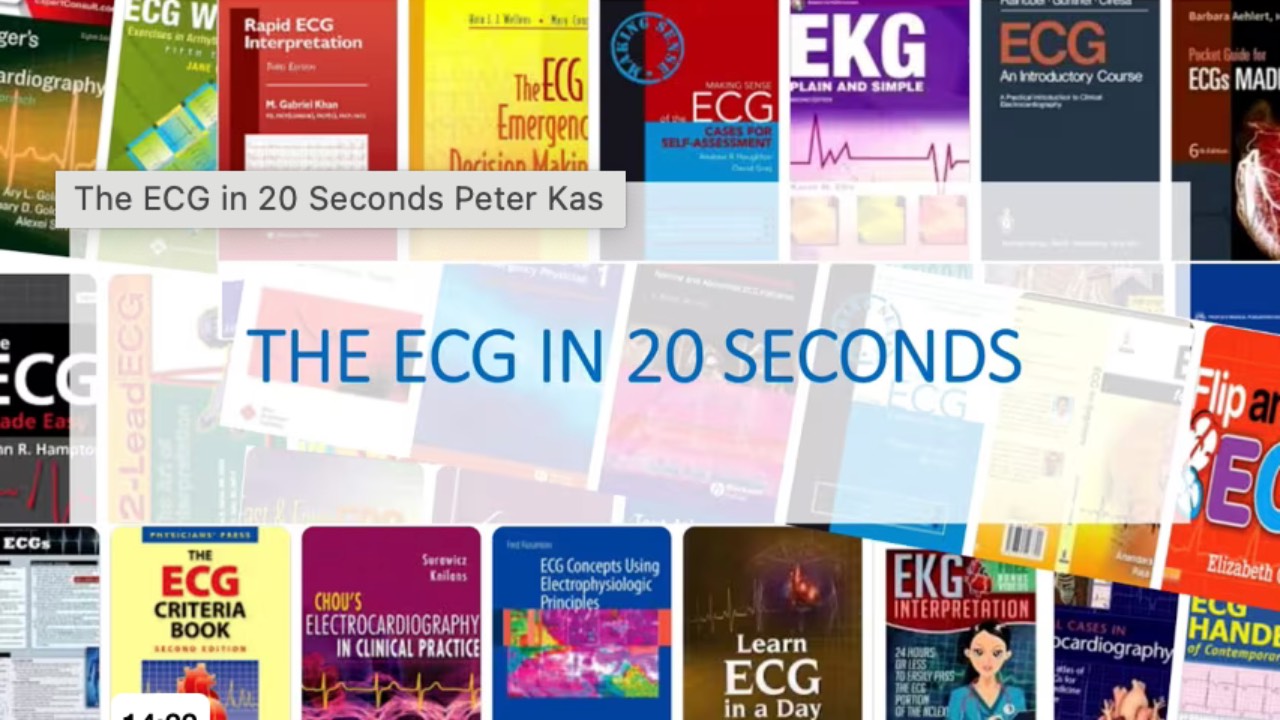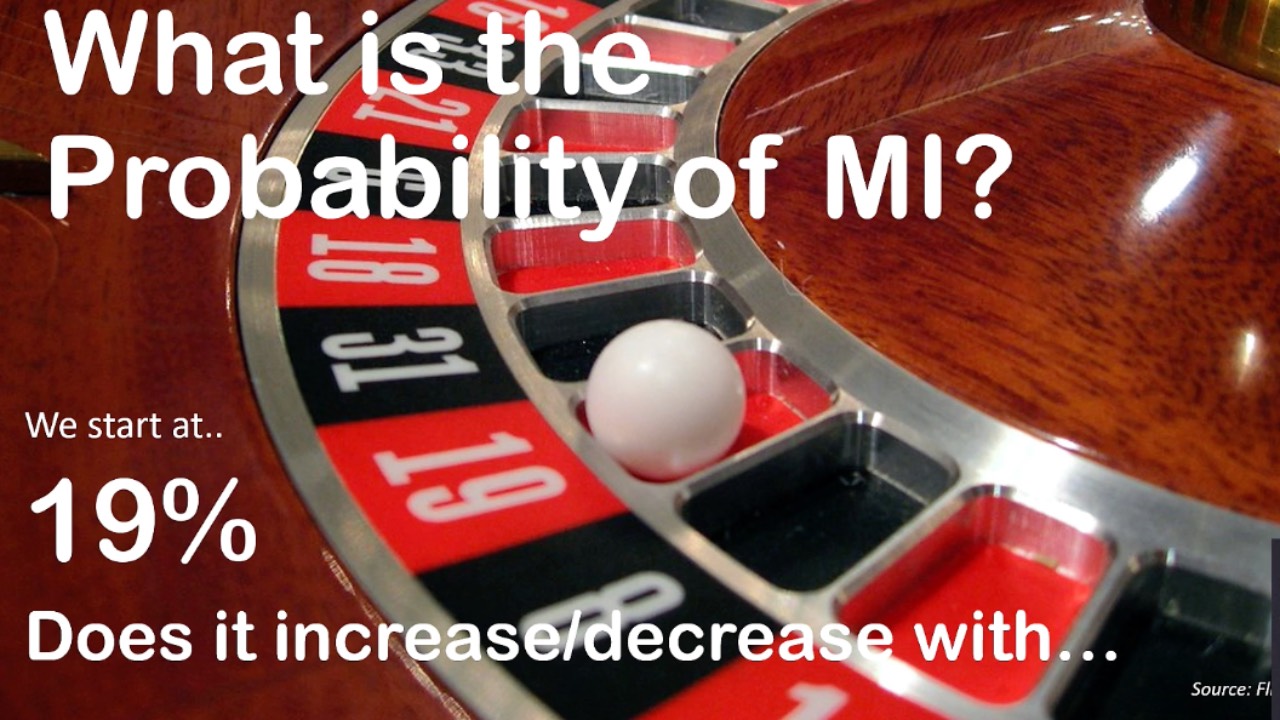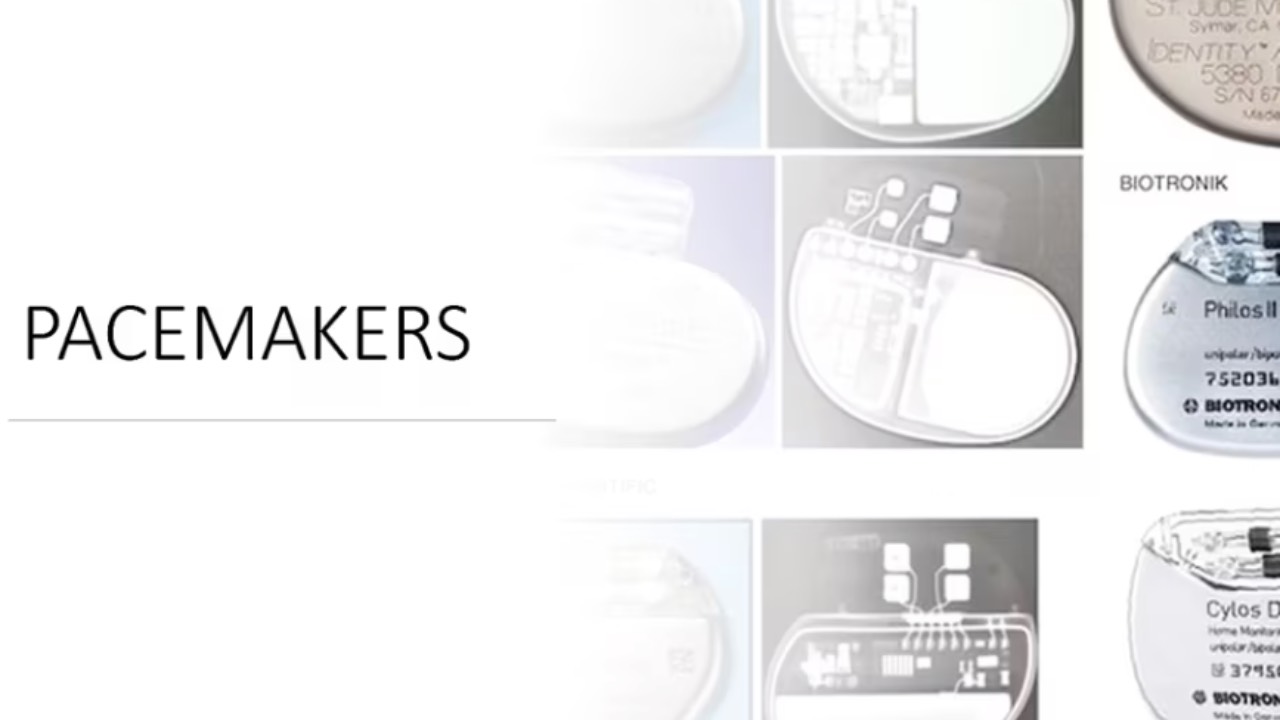How good would it feel to be confident with any cardiac presentation?
The Cardiac Short Course is a masterclass in some of the most important conditions that we see in the emergency department setting.
The ECG is the most common bedside investigation we perform. Being an expert at reading the ECG and making diagnoses is a core skill. Sometimes it's not easy. However with the ECG in 20 Seconds method, it's a pattern recognition approach that allows you to build on every ECG you see. It does work.
Using Video Lectures from the
Cardiac Bootcamp Course
We've taken some of the best lectures from the Cardiac Bootcamp Course, that has been attended by thousands of doctors nurses and paramedics and created a short course of essential knowledge, that takes just over 4 hours to complete.
The Syllabus

MODULE #2
Arrhythmias
We cover wide complex tachycardias and narrow complex tachycardias, atrial fibrillation and flutter and blocks.

MODULE #3
Syncope: ECG findings you must know and the critical syncope PLUS criteria, as well as scores.
PLUS you get access to the Community page.
Be part of our ECG and case challenges. Submit your interesting ECGs. We can learn from each other. Be part of the community.
WORK AT YOUR OWN PACE
You get access to all content when you subscribe. The course will take just over 4 hours to complete. You may want complete it all at once or take your time. That's just fine. You have a one year subscription to the course. You can spend 30 minutes a week and complete it over a couple of months.
You can go back over sections, you aren't sure about and redo them, as many times as you wish. When ready you can complete the final quiz and see what you need to o back and review.
When the course is done, you can print out your certificate as proof of the number of hours ou have completed for CPD points.
THE
CARDIAC
SHORT
COURSE.
For many of the patients presenting to the Emergency Department, we have time to think, consult and then act. We don't have that time with the sick cardiac patient. We need to act right there and then.
Learn how to diagnose and manage the potentially lethal arrhythmias. Don't miss the subtle ischaemic changes in the patient with chest pain. Know the diagnostic approach to the patient with syncope. Diagnose the pacemaker problem ....and more.
GET STARTED TODAY!
Be out standing in Emergency Cardiology.





